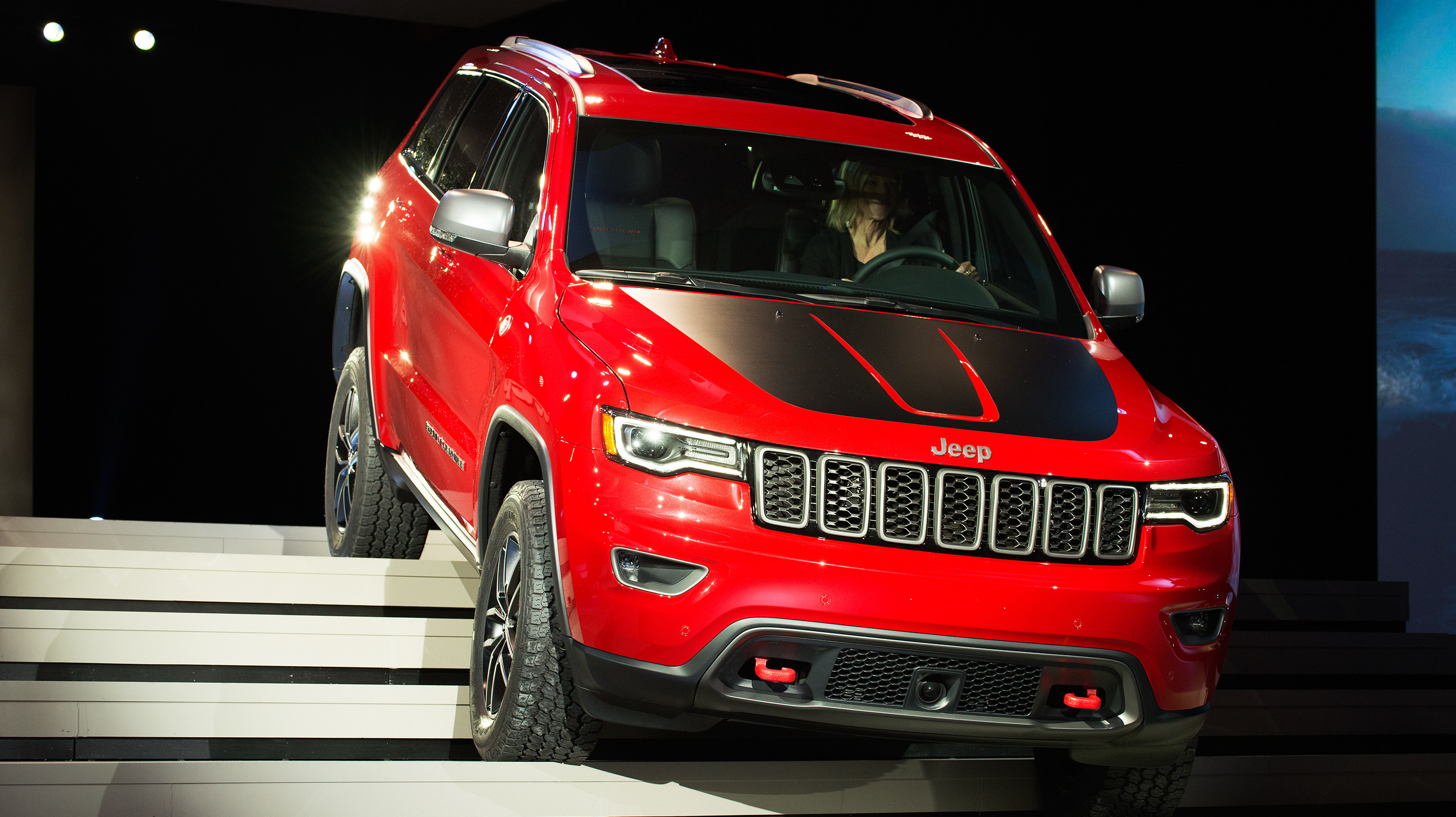Chief Of Cherokee Nation Says It's Time For Jeep To Find Another Name For The Grand Cherokee
In a written statement to Car and Driver, Chuck Hoskin, Jr., principal chief of the Cherokee Nation, has stated that Jeep's utilization of the Cherokee name is not befitting of the culture, its history, or its goals.
"I think we're in a day and age in this country where it's time for both corporations and team sports to retire the use of Native American names, images and mascots from their products, team jerseys and sports in general," Chief Hoskin said in his statement.
Jeep has used the Cherokee name for its products for over 45 years. There's the Jeep Cherokee and the Jeep Grand Cherokee, and Jeep also uses Mojave as the name for one of its trim levels. While also being a desert, it is also the name of the Mojave Tribal Nation, who are indigenous to the Mojave Desert region.
"I'm sure this comes from a place that is well-intended, but it does not honor us by having our name plastered on the side of a car," Chief Hoskin said. "The best way to honor us is to learn about our sovereign government, our role in this country, our history, culture, and language and have meaningful dialogue with federally recognized tribes on cultural appropriateness."
The Cherokee Nation has gone on the record several times to state that it's not totally comfortable with Jeep using its name on a vehicle, but this is the first time the Nation has actually suggested Jeep find a different name for its machines.
We're in the midst of a cultural reckoning here in the United States, where we're being asked to rethink our usage of offensive caricatures or unhelpful stereotypes as brand names for marketable products. From the Washington Redskins changing their name to the Washington Football Team to the Aunt Jemima brand of products being rebranded as the Pearl Milling Company, we've been taking a more critical look at our country and the images we perpetuate to understand how the influence our understanding of different races or cultures.
As Chief Hoskin noted, it's likely that Jeep's utilization of the Cherokee name doesn't come from a place of harm. But the problem is, it comes from a place of ignorance—and I mean that in the sense of "not yet seeing the full picture." Native culture has generally been used as a stand-in for being down-to-earth or rugged, the whole concept of the "noble savage." That stereotype conjures certain phrases or feelings, which is likely what Jeep was trying to convey. It's like the folks behind Aunt Jemima using a racialized mammy caricature to convey a sense of down-home comfort to its products, even though it continued to unconsciously reinforce harmful ideas about Black women.
But as Chief Hoskin said, it's not really an accurate representation of the Cherokee Nation, which is unique to other Tribal Nations but is, in this instance, just kind of being used as a stand-in for Native culture as a whole.
Jeep has yet to respond, but with the next-generation Grand Cherokee about to hit the scene, it's a great time to think up a new naming strategy.
